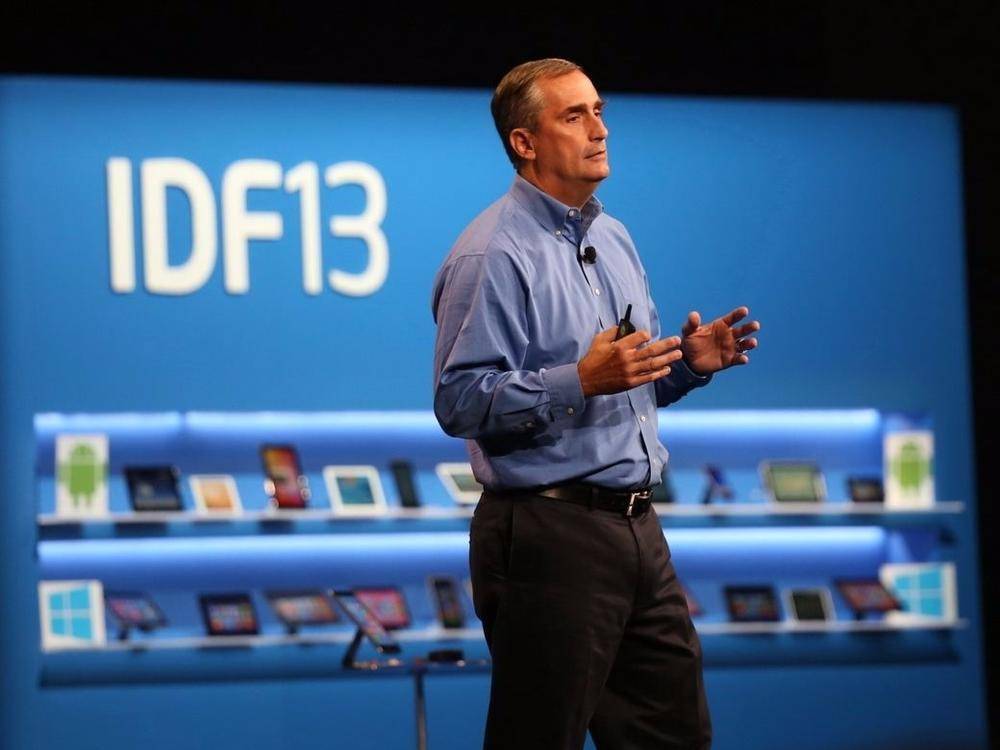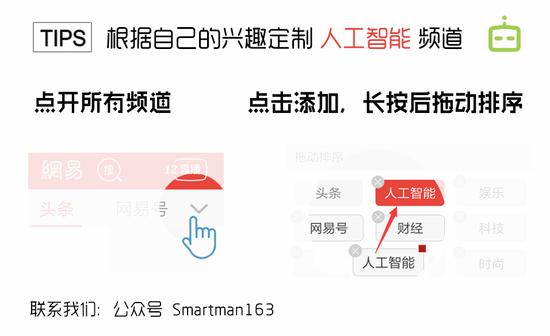(Original title: How to evaluate Intel's cancellation of IDF for 20 years?)

In the early hours of April 18th, Beijing time, Intel posted a statement on its official website that announced that it would cancel the IDF (Intel 燚eveloper焖orum, Intel Developer Summit) starting this year. This means that the IDF has been held for 20 years. It is regrettable to be history.
In a statement, Intel stated: "Intel has adjusted its schedule and decided to discontinue the IDF. Thank you for being with IDF for almost 20 years."
IDF, which began in 1997, has become a card for Intel. Intel introduced it to China in 2007. It has been 10 years old since then. It has accompanied Intel in its heyday of the PC era and also witnessed its recent development. Several days of the PC's Nishiyama.
It is both surprising and reasonable for Intel to make this decision. As usual, the IDF held every year in Shenzhen should start in mid-April, Intel will invite the media at the end of March, and now it is mid-range, the media did not receive any invitation, which is unusual in itself.
For Intel's cancellation of the IDF, I would like to interpret it from two aspects.
On the one hand, as a product of the PC era, IDF has become less and less effective. From the beginning of focusing on IDF in 2012, Intel has given me a clear feeling that the influence is gradually declining. Although the annual IDF is concerned with the PC itself, Intel is paying more and more attention to emerging areas such as wearables, drones, VR, MR, and artificial intelligence. However, its excessive success in the PC era has caused it to suffer. The impression has been tied to the PC, which is proud of the PC's heyday. Now it has become a heavy burden.
On the other hand, IDF as a developer summit, it could have been very good continuity, but since the mobile era, Intel has not received any logos in the fields of smartphones, tablets, wearables, VR, driverless, artificial intelligence. Sexual success has caused it to lose its appeal and voice. On the contrary, taking Apple as an example, the annual WWDC, whether it is MacOS or iOS and even later WatchOS, has attracted developers around the world to flock to it.
Apple’s WWDC, Google’s I/O, and Microsoft’s Build conference are also continuing from the PC era. However, there is currently no sign that they will stop because they have the right to speak in this era. They are more or less Has dominated the technological changes in the post-PC era.
IDF was supposed to continue to attract developers as Intel’s business cards. However, developers are now not concerned about PCs. In these new areas, Intel does not have a charisma. This makes Intel unable to do anything but to hold IDF once. It's only one time.
Intel said that in the future it will continue to transform from a PC-centric company to a data-centric company and actively participate in some industry summits, but this will undoubtedly make it lose its home court. In the long run, the cancellation of IDF will bring Negative effects will be greater than positive ones.
Finally, I would like to make some small suggestions to Intel, especially Intel China, from some of my own feelings:
Intel’s public relations team, including its partner Ogilvy, needs to change its way of speaking and styling. The output they give to outsiders is often Intel’s impression of the outside world. It is hard to imagine that the chip giant has always maintained top-down bureaucracy and a sense of superiority.
For example, when the company invites media groups to visit its executives, Intel staff members will ask questions from designated media. Each media is allowed to ask only one question. After asking questions and then asking questions, the staff member will show a score of twelve. The impatience and even laughter made the interview lack a free and lively atmosphere of interaction. Intel executives often refrained from answering questions and made interviews less than expected.
The rigidity of the process, the rigidity of the staff style, and the senior management's ability to answer questions, which is why I even felt hard to write even if I hardly took part in Intel's activities and interviewed their executives. Because I'm boring, I'm only sorry to write my readers, I would rather not write.
What impressed me most was that at the IDF 2016 held in Shenzhen on April 13 last year, Yang Xu, Intel’s global vice president and president of China, always stared at the large teleprompter on the back of the speech. Many media outlets even turned their heads to concentrate on the teleprompter to see if he would read it wrong. For a time it became a joke. From this perspective: Thank goodness, Intel finally no longer holds its own IDF.
These should not have happened to a multinational technology giant, but it actually happened.
At the same time, I think this has nothing to do with the public relations team of Intel and Ogilvy. As a bridge between internal executives and the outside world (especially the media), it is necessary for the public relations team to ensure that the entire process is compact, interesting, full of dry goods, and needs to be done well when setting up the meeting process, style, and even writing speeches and PPT. Businesses learn to learn, not to stand still.
Today, one of Ogilvy's classmates telephoned Intel to cancel the IDF summit and asked me which multinational corporations could learn from and explicitly stated that they would exclude domestic companies. I explicitly and responsibly told the other party, asking Yang Xu to present to domestic Ma Yun. And Ma and other learning their speeches, please learn from the Internet companies such as domestic BAT how they move, grounding gas.
Intel needs to change from bones rather than slogans and forms.
Finally, I wish Intel a successful transition.
 燑br>
燑br>
VooPoo Vape pen, Wholesale voopoo vape, VooPoo Disposable Vape
Shenzhen Xcool Vapor Technology Co.,Ltd , https://www.szxcoolvapor.com
